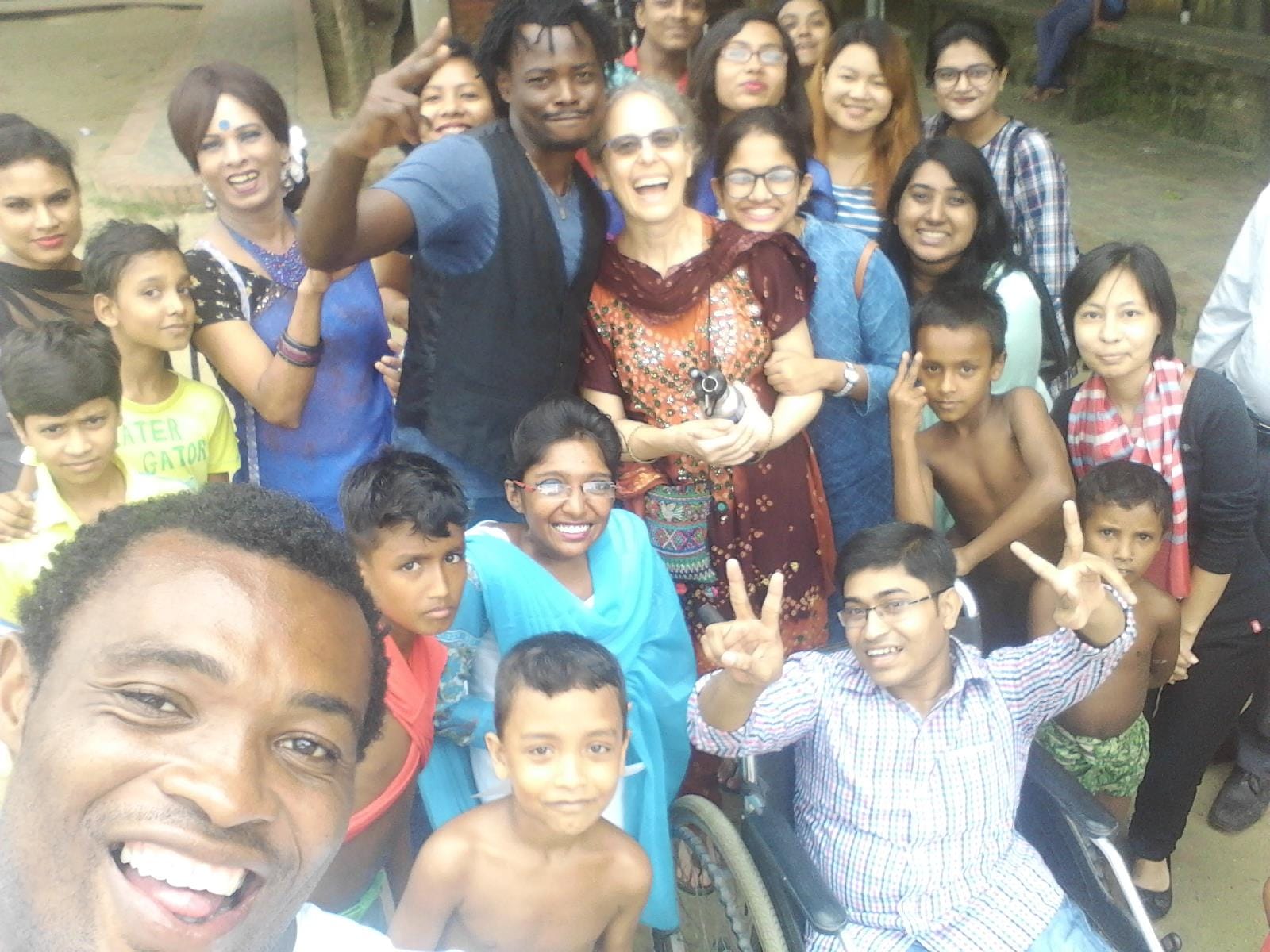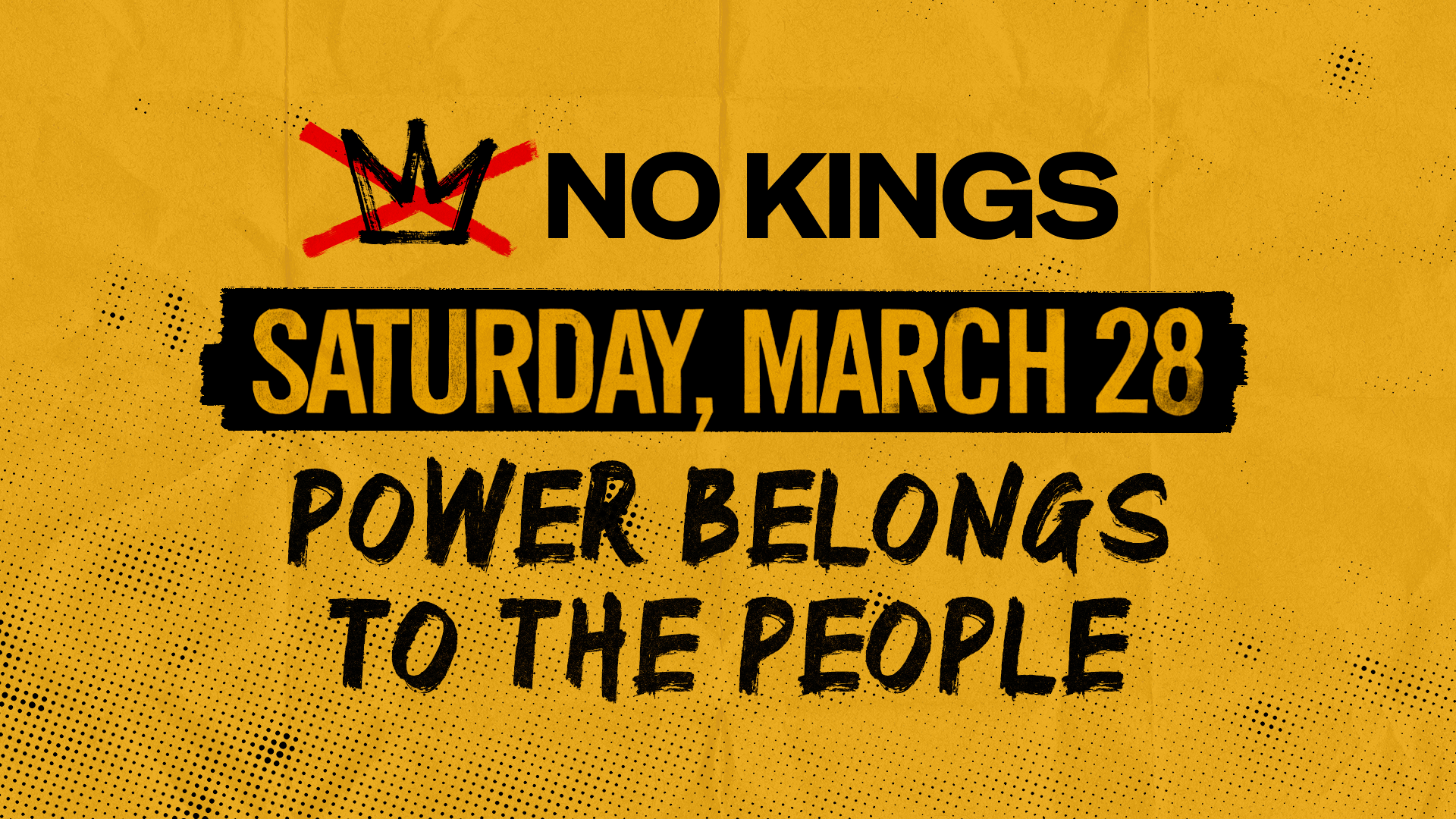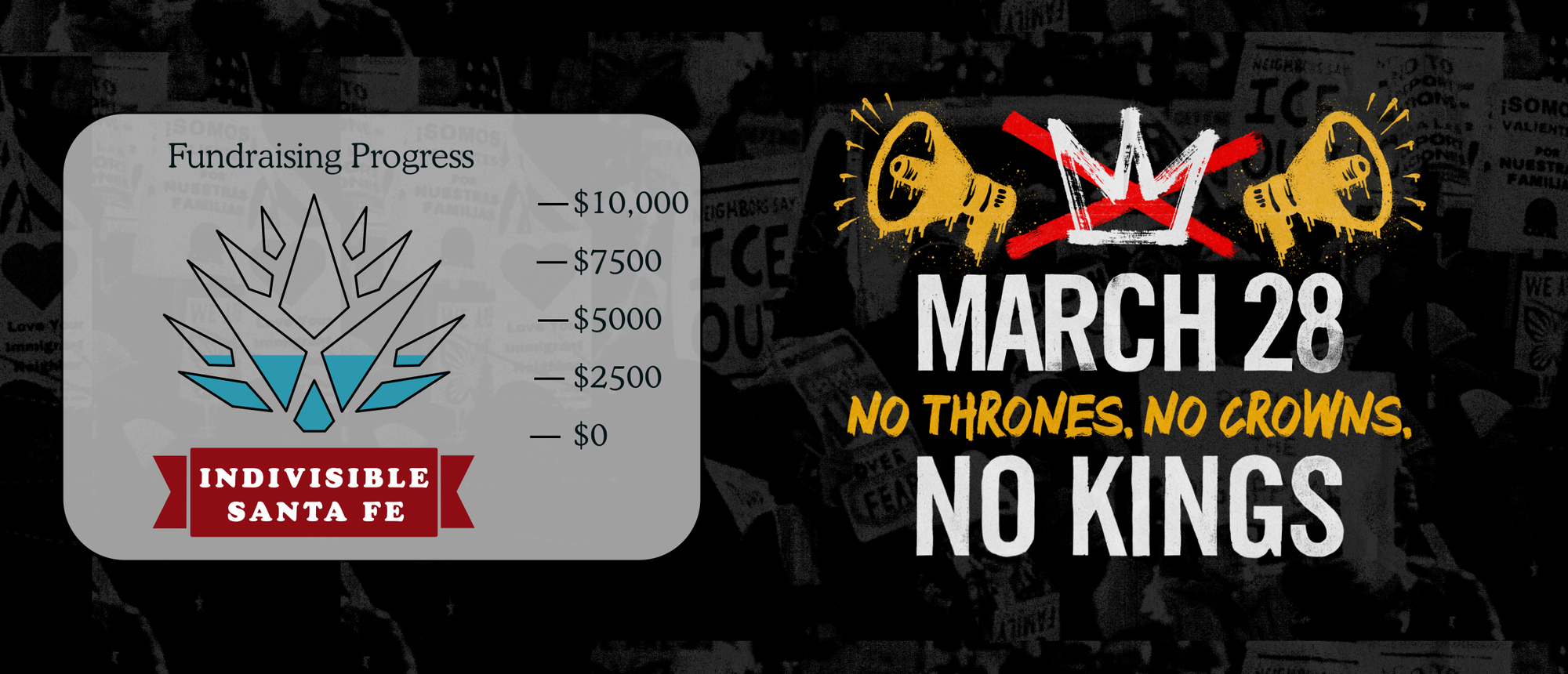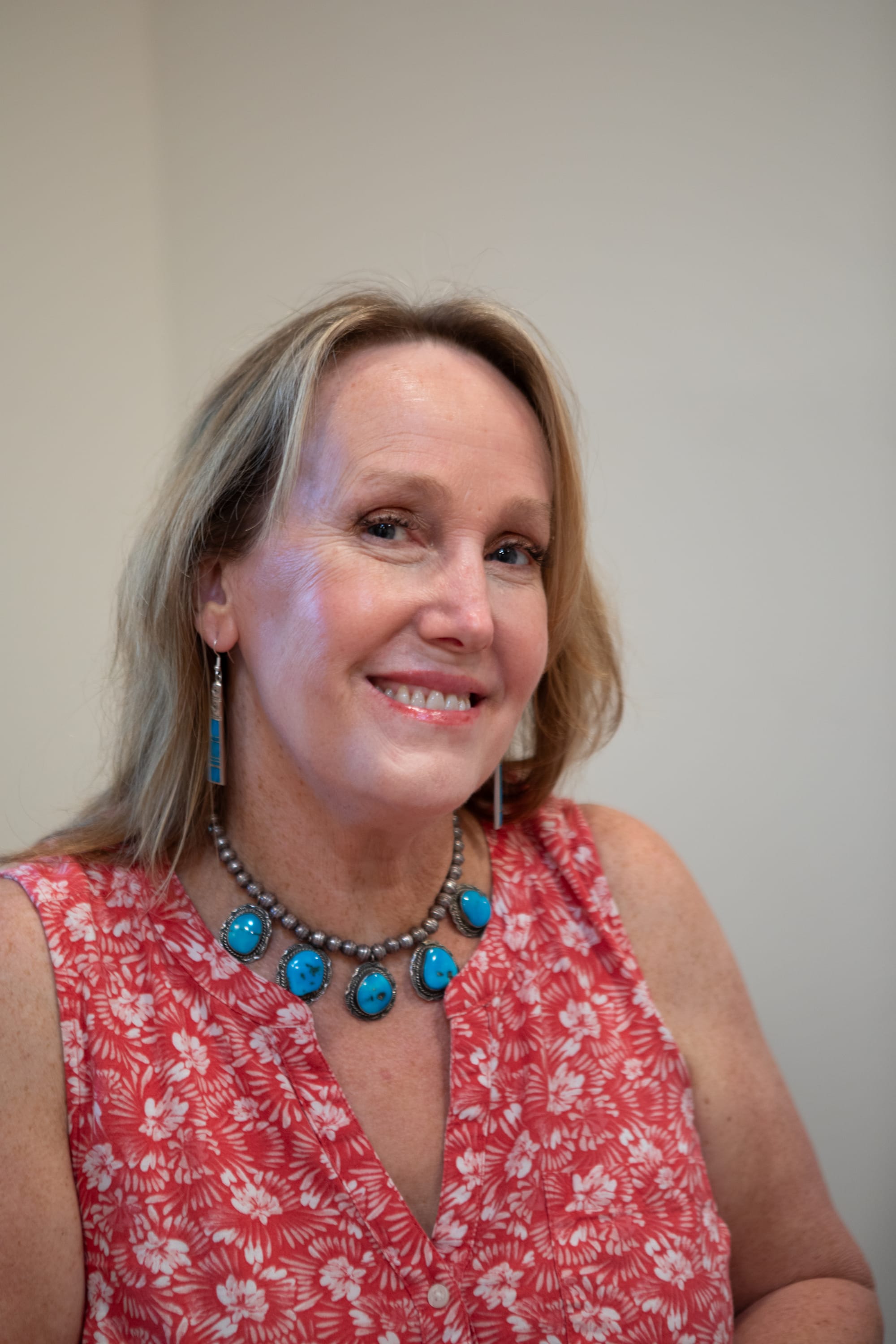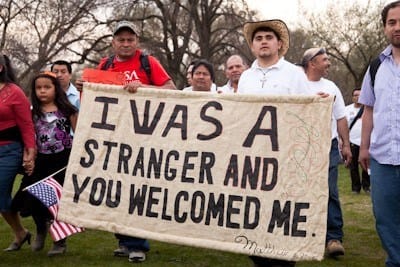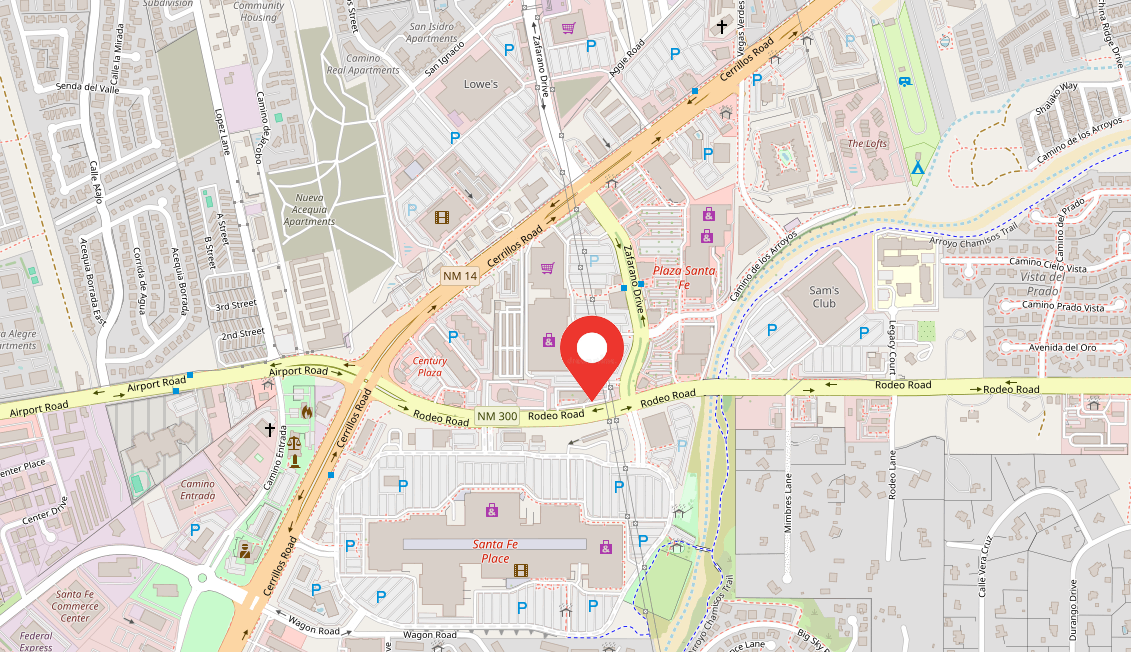Many of us wonder why so many people vote against their own self-interest. Sure, they are fooled by Fox propaganda and other manifestations of the right-wing media, but still—how can they be so self-destructive? In The Sum of Us, Heather McGhee sets out to answer that question, with a heavily sourced and ultimately uplifting book.
McGhee begins the book with the question, “Why can’t we have nice things?” by which she means not luxury automobiles or high rises, but rather public goods like universal health care and child care, fully-funded university education, and—dare I say—public swimming pools. She repeatedly uses the analogy of “draining the pool” in reference to the racist reaction to integration back in the 1950s and 1960s, when municipalities drained their public pools (some of which could accommodate thousands of swimmers) rather than allow Black people into the water.
And so, we have drained the public pool out of fear of sharing the wealth with people with darker skin.
It may seem reductionist to blame racism for everything wrong in our political system, but McGhee makes a good case. She contrasts zero-sum thinking (more for others means less for me) with what she calls the solidarity dividend — how everyone (OK, except the wealthiest) could benefit if we worked across racial divides. In each chapter she focuses on a different issue, showing how racism causes poor White people to align with the wealthy rather than with those people of color struggling with the same issues. That racist divide creates disaster not only for people of color but for virtually everyone, in terms of housing, health care, unions, voting rights, pollution, and the climate.
Remember when college was affordable? That’s because government used to invest heavily in it. Investing in health care and education creates a wealthier population, but as my favorite economist, John Kenneth Galbraith, liked to point out, somewhere along the line a decision was made to “eliminate the middleman”—rather than ensure that the poor have money to spend, buying the products corporations make, the government could directly subsidize those corporations. And alas, those corporations include private prisons, so that, as McGhee writes, “By 2016, eighteen states were spending more on jails and prisons than they were on colleges and universities.”
I know y’all probably can’t cope with much more bad news. Fortunately, The Sum of Us, despite the dreary stories she recounts, is ultimately an optimistic book. In chapter after chapter, she illustrates how the solidarity dividend plays out. In one particularly inspiring passage, she shows how state funding for candidates, under the Connecticut Citizens’ Election Program, led to those candidates spending most of their campaign talking to voters rather than trying to raise money. After being elected, the new politicians passed laws that made lives better for people—paid sick days, minimum wage increases, Earned Income Tax Credit, and so on—rather than enriching their corporate donors.
Awesome, but how do we get there?
McGhee has some suggestions which I will (perhaps not very accurately) condense into two ideas: we need to work consciously and actively to create solidarity across racial lines (like the Working Families Party seeks to do) and we have to be open in acknowledging the rampant fact of racism throughout our history and society. Only by calling racism out and seeking to address it can we move forward to create a society that works for the sum of us.
If you want more details, check out McGhee's website, watch one of her podcasts and/or read/listen to her book!


